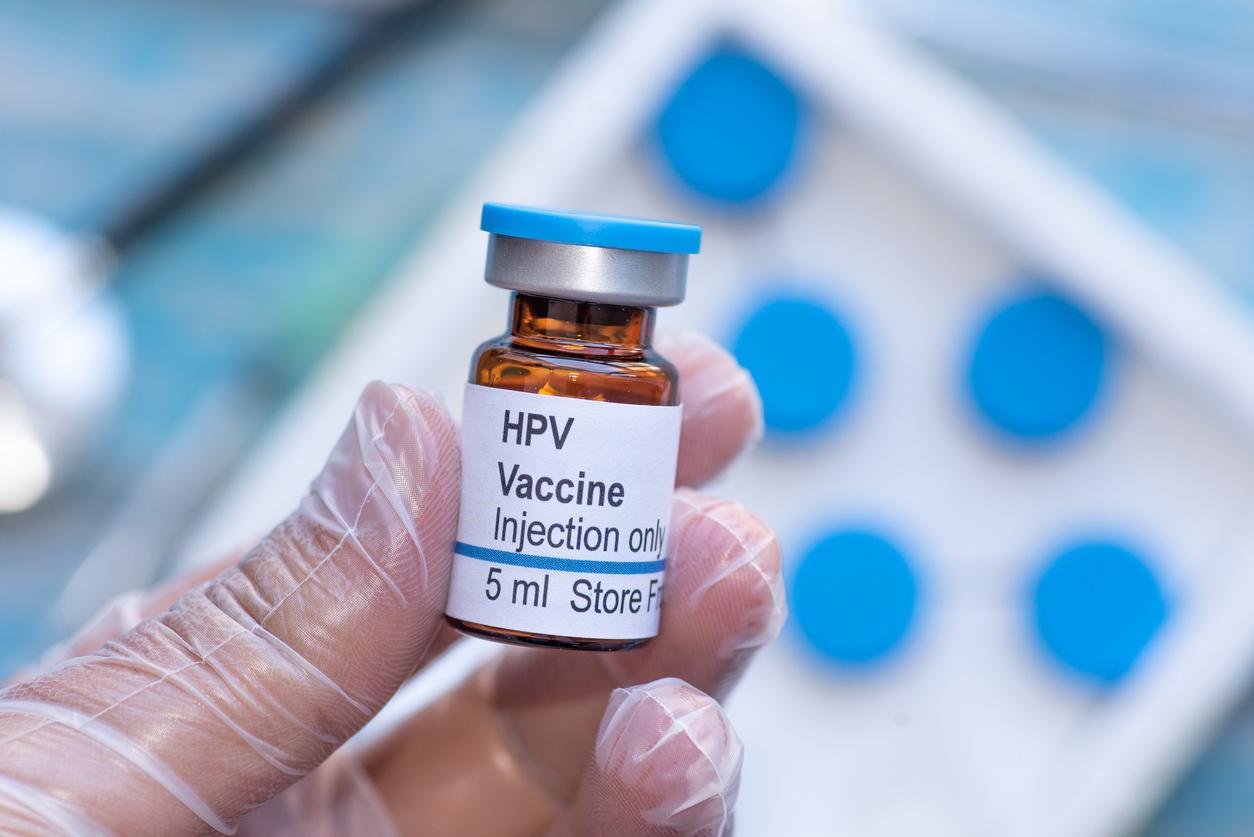
Look out for these symptoms if you’ve had the vaccine
According to the European Medicines Agency EMA, the balance is still positive for Vaxzevria, AstraZeneca’s corona vaccine. The dangerous thrombosis side effect is rare and the vaccine is effective in fighting the pandemic. The Health Council subsequently advised that the vaccine should only be given to people over 60.
There will be a message in the package leaflet that a rare side effect can occur: a form of thrombosis, in which the number of platelets is very low. The risk is very small: 1 in 100,000. The risk of COVID-19 is much greater, the EMA concludes. Thousands of people are still dying because of corona. We must use the vaccines we have to protect ourselves,” EMA director Emer Cooke said in a news conference. Minister Hugo de Jonge of Health has following advice from the Health Council decided to only give the vaccine to people over 60 in the Netherlands. Seniors organization KBO-PCOB asked questions about it, she received many questions about the vaccine from concerned people over 60.
Symptoms
If you had an AstraZeneca vaccine less than two weeks ago, look for these symptoms: tightness of the chest, chest pain, leg swelling, persistent abdominal pain, neurological symptoms such as severe headache or poor vision, and small pinpoint bleeding outside the injection site. If you are indeed bothered by this, call the doctor quickly, advises the EMA.
Further research
For its investigation into this side effect, the EMA looked at side effects reported in Europe and the United Kingdom, where a total of 34 million people have received the AstraZeneca vaccine. The EMA’s Safety Committee examined 169 cases of thrombosis in the brain and 53 cases of thrombosis in the abdomen. Most thromboses have occurred in women under 60 years of age. The blood clotting was accompanied by low platelets in the blood and sometimes bleeding. It is not yet entirely clear how the side effect arises, but the EMA thinks it is an immune reaction. It resembles a rare side effect that people sometimes get with heparin. Further research is being done on this.

















